The Symbolism of Dragons in Game of Thrones: Power, Freedom, and Destruction
Symbolism emerged as a literary device in the 1880s to represent something without adequate meaning with mere words. A higher concept, a nuanced approach, or even a living being that blurs boundaries between imagination and reality. Such concepts are often hard to grasp without giving them a symbolic stature.
So, in the complex layered world of Westeros where every action has ulterior motives and it’s unlikely for people to be as they seem, it was only natural for symbolism to seep into every aspect. This allowed viewers to muster their interpretations from each episode and ultimately decide whom to support. But the tides swiftly changed when Daenerys Targaryen came to possess three infant dragons who would one day grow up to engulf Westeros in their shadow.
The mythical creatures of fire and fury have been a source of mysticism and curiosity since time immemorial. The majestic beasts take center stage in George R.R. Martin’s epic story and subsequent HBO show Game of Thrones, weaving a visual tapestry that enriches the narrative in profound ways. From power and freedom to destruction and rebirth, the dragons of Westeros are more than just weapons in the war to claim the Iron Throne as their role in the story resonates deeply with audiences worldwide.
Power Unleashed: Dragons as a tour de force
The raw, uncontrolled, and intimidating strength of the dragon is at the core of its meaning. Dragons are intrinsic to the earlier consolidation of Westeros by House Targaryen and their subsequent rise to power. A House forged in the furnace of conquest and governed by the power of these legendary beasts, the Targaryens have dragons riding in their blood as the fair-haired dynasty connects with the mythical creatures on a deeper level. As she attempts to take back her birthright and take the Iron Throne, Daenerys Targaryen, also known as the Mother of Dragons, uses their might.
Dragons were elemental in defeating the mighty army of the White Walkers as fire was a central force in putting an end to the long night. The winged creatures often walk the tightrope of good and evil, depending on who they choose to destroy.
But there's a dangerous edge to the attraction of power. Dragons have the ability to cause enormous, catastrophic destruction in addition to raising their possessor to new heights of power. The finale episode of Game of Thrones shows King's Landing up in flames, a terrifying reminder of their incredible might, and highlights the dual nature of power as a weapon for freedom and a force of annihilation.
However, when seen from another perspective, Game of Thrones beckons viewers to think about the one truly at fault. It’s the people, humans with brains and the ability to think and make decisions, who veer dragons from one path to another. They did what their mother Daenerys told them to and only spewed fire when she commanded them to. So, when Daenerys was claimed by the madness that engulfed her father, the dragons had no choice but to be weapons of destruction and help their mother out.
Freedom's Flame
A dragon will never stop growing so long as he has food and freedom. Even though Daenerys understands the ramifications of slavery and treats her dragons as her children, it does not erase the years of torture and suffocation suffered by the beasts. In an attempt to capture them and use them to consolidate power, the Valryian families kept dragons tied to their houses.
After the dragons were reborn with Daenerys’ love and care, a fiery spirit of freedom in the beasts was born too. It is a primordial energy that welcomes the wild and resists bonds. Dragons are used as liberation symbols in Game of Thrones, signifying a sliver of hope for the oppressed and downtrodden. The reawakening of Daenerys' dragons is linked to her journey from banished princess to chain-breaker, reflecting her own pursuit of empowerment and freedom.
The dragon eggs hatching for Daenerys also bring a new dawn for the rightful heir to the Throne. She takes charge of her own destiny and leaves behind the chains of pleasing other people.
Nevertheless, Daenerys questions the real meaning of liberty in a world founded on betrayal and bloodshed as she releases her dragons upon the slavers of Astapor and Meereen. She also wrestles with the moral ramifications of her actions. With their unrestricted freedom, the dragons become both her savior and her burden, influencing her future in ways she never could have imagined.
The Dance of Destruction
The prospect of ruin, a menacing shadow that hangs over Westeros, comes with power and freedom. With their ferocious breath and ravenous appetite, dragons represent the deadly possibilities of unbridled power. Their fury leaves a path of destruction in its wake, from the Fields of Fire to the ruins of Harrenhal, serving as a warning to everyone who sees them of the dangerous balance that must be struck between conquest and apocalypse.
At the end of the day, dragons do not exclusively stand for mayhem and carnage. There lies a possibility of rebirth and renewal in their destiny, that shines like a glimmer of hope. Like the mythical phoenix that takes flight from ashes, dragons represent the never-ending cycle of creation and destruction, both of which are central to the flow of life. Hence, a new age following destruction is heralded and the world is rebuilt to remain stronger in the face of adversity. Daenerys' dragons swoop triumphantly overhead as she rises from the ashes of her foes.
Dragons enable viewers to dig deeper and think of the ways they could have impacted the modern world. They are a mighty match to nuclear weapons of our time that serve as means of unending devastation. The mighty creatures beckon us to explore the mirrored complexities of human nature — our desires, our fears, and our capacity for both greatness and ruin. Our peek into the world of Westeros may have ended with the finale episode of Game of Thrones, but we carry with us the lessons of the dragons, symbols of a mythic journey that will endure for generations to come.
Check out some of our podcast episodes and thanks for checking out Zero Dark Nerdy:
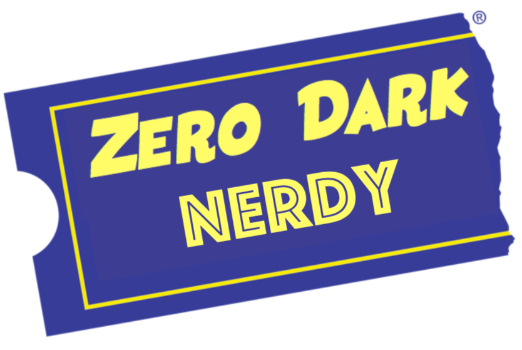

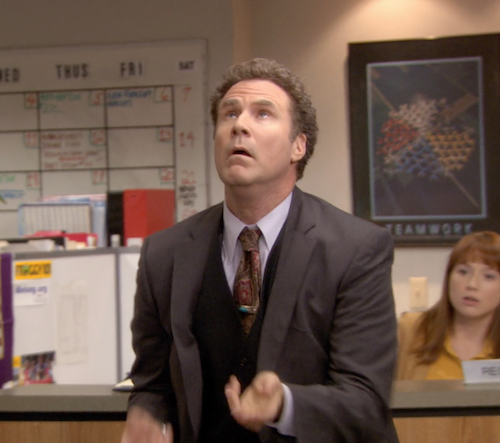
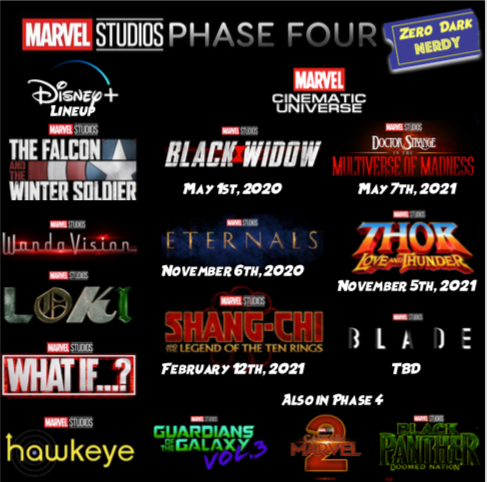
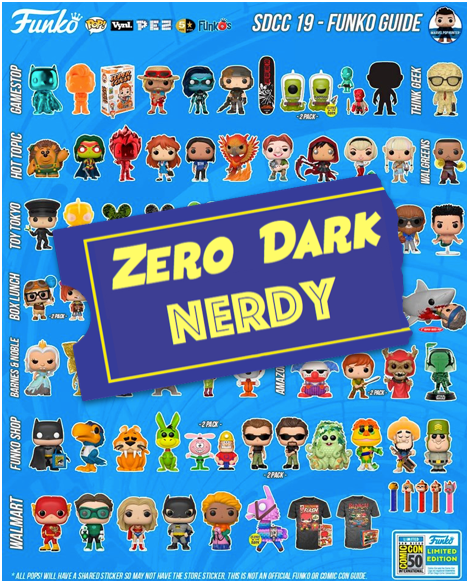
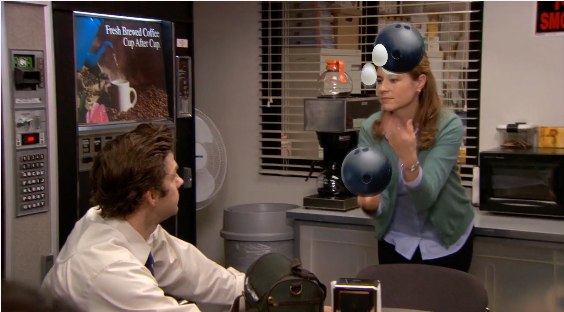
0 Comments